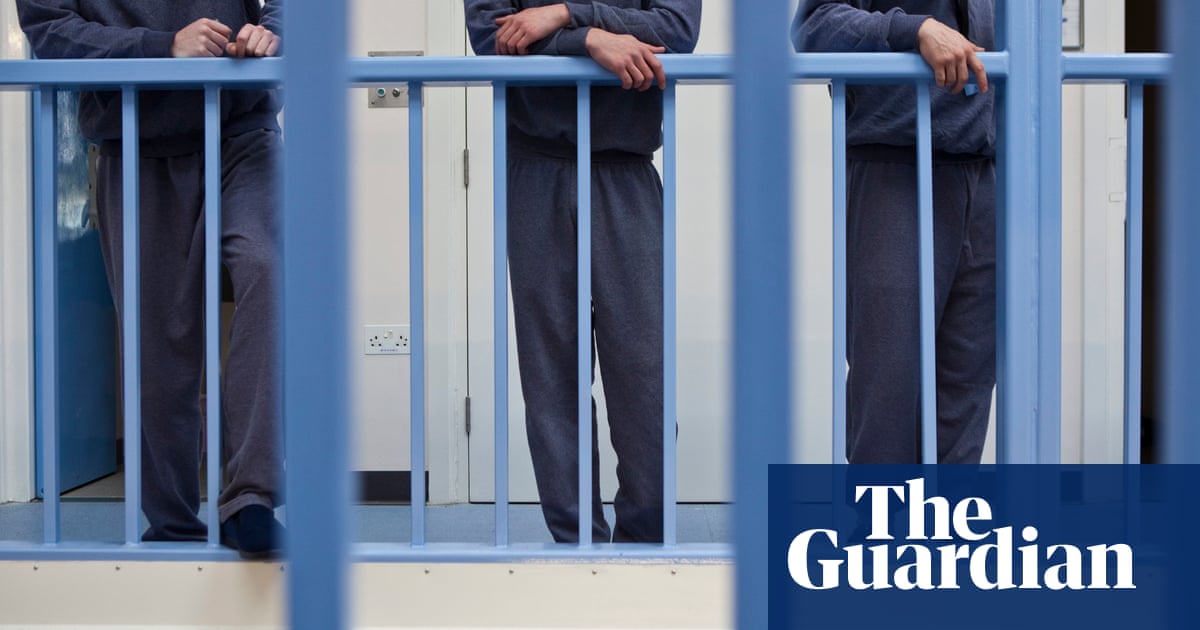
Amnesty International, which visited Italy from April 8 to 13 this year to gather information on the conditions in migration detention centers in the country, released its findings in a report
LONDON: Italy was accused by a human rights group on Thursday of holding migrants and people seeking asylum in detention centers that fall below international standards.
Amnesty International, which visited Italy from April 8 to 13 this year to gather information on the conditions in migration detention centers in the country, released its findings in its report “Liberty and Dignity: Amnesty International’s observations on the administrative detention of migrant and asylum-seeking people in Italy.”
Representatives from the group visited Ponte Galeria in Rome and Pian del Lago in Caltanissetta, where they spoke to public security officials and employees at the facilities and carried out private interviews with people in detention, from countries including Tunisia, Iran, Morocco, and Egypt.
“Detention should be exceptional and a measure of last resort. However, in the centers we visited, we encountered racialized people who should never have been detained,” Dinushika Dissanyake, the group’s deputy regional director for Europe, said.
The Italian government in 2023 expanded its use of migration-related detention, announced plans for the construction of new detention centers, lengthened the maximum detention time for repatriation to 18 months, and applied “border procedures” to people seeking asylum from “safe countries.”
Dissanyake added: “People with severe mental health problems, people seeking asylum because of their sexual orientation or political activism but coming from countries the Italian government has arbitrarily designated as ‘safe,’ people with caregiving responsibilities or escaping gender-based violence or labor exploitation.
“These needless detention orders throw people’s lives, health and families into disarray.”
These policies have resulted in the automatic detention of people on the basis of their nationality in contradiction to international law, which requires an individual assessment, Amnesty International claimed.
The organization said it also found that conditions within centers were not in line with applicable international law and standards, with detention resembling a “punitive character” and “prison-like conditions.”
It said those detained could not move freely within the compounds and required authorization and accompaniment from police.
Furniture and bedding were found to be extremely basic, with foam mattresses placed on concrete beds, while bathrooms were in poor conditions and sometimes lacking doors for privacy.
“People are forced to spend all their time in fenced spaces, in conditions that are in many ways worse than in prison, and are denied even a modicum of autonomy,” Dissanayake said. “Despite lengthy detention periods, there is an almost total absence of activities, which, combined with a lack of information about their future, leads to enormous psychological harm among the people detained.”
Conditions had to be improved and more care given to people’s right to dignity, she said, adding that the Italian government must make more effort to prevent further violations of international law.
“Migration-related detention should be used only in the most exceptional circumstances. When necessary and proportionate, alternative and less coercive measures should always be considered first. People seeking international protection should not be detained,” Dissanayake said.
“In the exceptional cases for which detention is deemed necessary and proportionate, rigorous and regular assessments of people’s suitability for detention must be conducted by the Italian authorities.
“The government must also ensure that conditions in detention centers respect human dignity, providing appropriate, safe accommodation and opportunities for individuals to be in contact with the outside world and to use their time in meaningful ways. A major departure from the current punitive approach to migration control policies is badly needed.”












